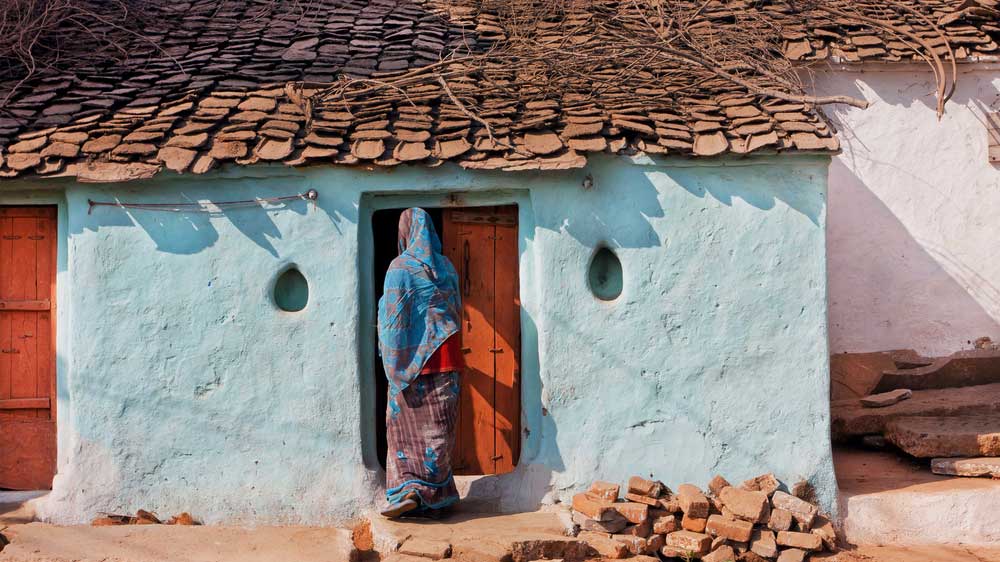
Girls too: Hindu Succession (Amendment) Act, 2005 - For ages, women have been left helplessly dependent on the kindness of men when deserted, widowed or unmarried

TT | 14 August 2020: The first step towards gender equality in Hindu inheritance was taken in the Hindu Succession (Amendment) Act, 2005. The traditional Mitakshara system of succession to property in the Hindu undivided family was codified in the Hindu Succession Act, 1956, by which the heirs were male. The 2005 amendment made daughters coparceners too, equal to sons. Last Tuesday, the Supreme Court cleared the confusions that had arisen since then, caused by two opposing court rulings regarding the daughter’s inheritance if the father had died before the amendment. This time, the Supreme Court said that a daughter being a coparcener by birth, the father need not have been alive when the amendment was passed for her to inherit her share of ancestral property or of personal property, unless it had been willed otherwise. Also, the woman’s share would not revert to the male heirs after her death, as was the case before 2005 when the daughter was bequeathed property.
The clarification is welcome, because it upholds the principle of equality in the Constitution and before the law. For ages, women have been left helplessly dependent on the kindness of men when deserted, widowed or unmarried. Gender bias in the law made easier the operations of misogyny in Indian society: it was common to cheat women of property, to turf them out of their homes, to send them off to Varanasi and, in some cases, go even further. The 2005 amendment shows how far the law has come since then. But the ideal may not always be easy to implement in real life. Apart from the fact that huge numbers of women are regularly deprived of their basic rights — from an equal share of nutrition to a dignified and violence-free life in their natal and marital homes — in spite of laws, other issues must be resolved as well. For example, the right to ancestral property must be seen in relation to the absolute right to streedhan, much of which is gifted by the parents — often in gold — during marriage, usually understood as a substitute for a share in ancestral property as well as insurance for the married daughter should things get difficult. The insistence on gender-equality in law is of overwhelming importance. Equality in society’s arrangements will depend on the nature and success of implementation.

0 Response to "Girls too: Hindu Succession (Amendment) Act, 2005 - For ages, women have been left helplessly dependent on the kindness of men when deserted, widowed or unmarried"
Post a Comment
Disclaimer Note:
The views expressed in the articles published here are solely those of the author and do not necessarily reflect the official policy, position, or perspective of Kalimpong News or KalimNews. Kalimpong News and KalimNews disclaim all liability for the published or posted articles, news, and information and assume no responsibility for the accuracy or validity of the content.
Kalimpong News is a non-profit online news platform managed by KalimNews and operated under the Kalimpong Press Club.
Comment Policy:
We encourage respectful and constructive discussions. Please ensure decency while commenting and register with your email ID to participate.
Note: only a member of this blog may post a comment.